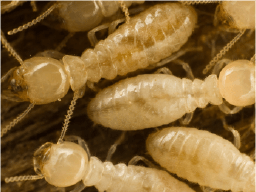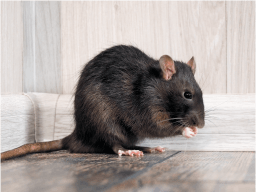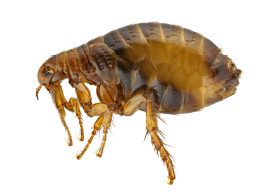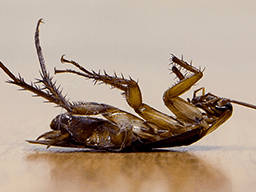House Centipedes: What You Need to Know
Need to get rid of centipedes? Read on to learn the answers to all of your important questions. Need help? Call our professionals today to get started.
Schedule Today!
Get Rid Of House Centipedes
House centipedes are not insects! They are arthropods which are invertebrate animals that have an exoskeleton. The body of an adult house centipede is about 1 to 1.4 inches in length. Because they have up to 15 pairs of legs attached to their body as well as long antennae, they can appear between 3 and 4 inches in size. Centipedes have delicate and nimble legs that allow them to move on any surface of your home, including your ceiling, at up to 1.3 feet per second. When a centipede thinks it is in trouble, it can detach any legs that have become trapped.
Where Do Centipedes Live?
There are about 8,000 species of centipede in the world and they can be found in many different climates from tropical rainforests to deserts to places north of the Arctic Circle. Most species of centipede, however, require a moist habitat because they lack an outer protective layer that would prevent them from losing water and becoming dehydrated. As a result, you can find most centipedes in soil and plant detritus around your home as well as under rocks and inside dead wood and logs.
In your home, centipedes can be found almost anywhere. You’re most likely to come across one in your bathroom since it is probably the most humid space in the house, but can also be found in basements, offices, bedrooms and dining rooms. You are most likely to see them in the spring when they begin to come out as the weather warms, or in fall as they seek shelter from the oncoming cold.
What Do Centipedes Eat?
As predators, centipedes prey on flies, termites, cockroaches, silverfish, moths, spiders, fleas and other insects. They are mostly nocturnal hunters and rely on their antennae, which can sense both tactile and olfactory information (meaning they can both feel and smell their prey) to find their meals.
Are Centipedes Hazardous To Humans?
Some species of centipede can be dangerous to humans due to their bite. A centipede bite on an adult human is typically very painful and can cause severe swelling, chills and fever. If you think you have been bitten by a centipede, though the bite is unlikely to be fatal, it is a good idea to seek out medical care. In children and those with allergies to bee stings, a centipede bite can induce anaphylactic shock.
House centipedes, however, are generally considered harmless to humans as their pincer-like legs can’t pierce human skin very easily.
When Should I Call Pest Control for House Centipedes?
Because centipedes are natural insectivores, having them in you home can sometimes be beneficial as they will eat other insects that can do actual damage to your home, property and health. Additionally, they are not known to carry any fatal diseases.
Encountering one in the middle of the night can be a terrifying experience, and while they are not known to seek out humans, they will go wherever they want looking for prey, including your bed and other places you may not want to find 4-inch creepy crawlers.
While house centipedes rarely bite humans, it has been known to happen and centipede bites are venomous. If you are allergic to bee stings or have small children in your home, call a pest control specialist today to help eliminate the threat of house centipedes in your home.
Call Pest Control Experts today to get a free quote and to schedule your home pest inspection as soon as possible!
Call 855-891-5410















